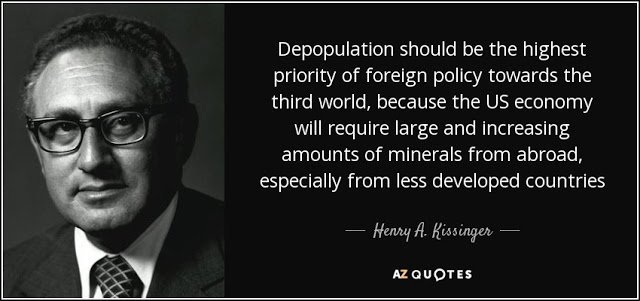SMILES was the only RCT conducted in a depressed population included in our recent meta-analysis (ncbi.nlm.nih.gov/pubmed/30720698)
1. Small sample size. We’d hoped/intended to recruit nearly 170 and managed less than n=70 after three years of trying. A shoe-string budget didn’t help
3. Expectation bias is an obvious issue here
Both studies showed a close correlation between the degree of dietary change and the degree of improvement in depression scores (and the fact that people could and did improve their dietary intakes quite substantially was very encouraging)
1. An online RCT that we are developing and piloting where we hope to be able to address the expectation bias issue
2. A large-scale pragmatic trial in primary care in Australia.
journals.plos.org/plosone/articl…
(SMILES)
(Chatterton Economic Evaluation of SMILES)
(Economic Evaluation HELFIMED)
Diet and brain plasticity humans
(the Rotterdam study)
(RANZCP Clinical Guidelines for Mood Disorders)
Lancet Psych commission
A review of mine on the topic
Sorry for the endless thread - I really do want input and I'm stuck at home in sickbed with more time than usual, so this seemed like a good opportunity! Value your thoughts







